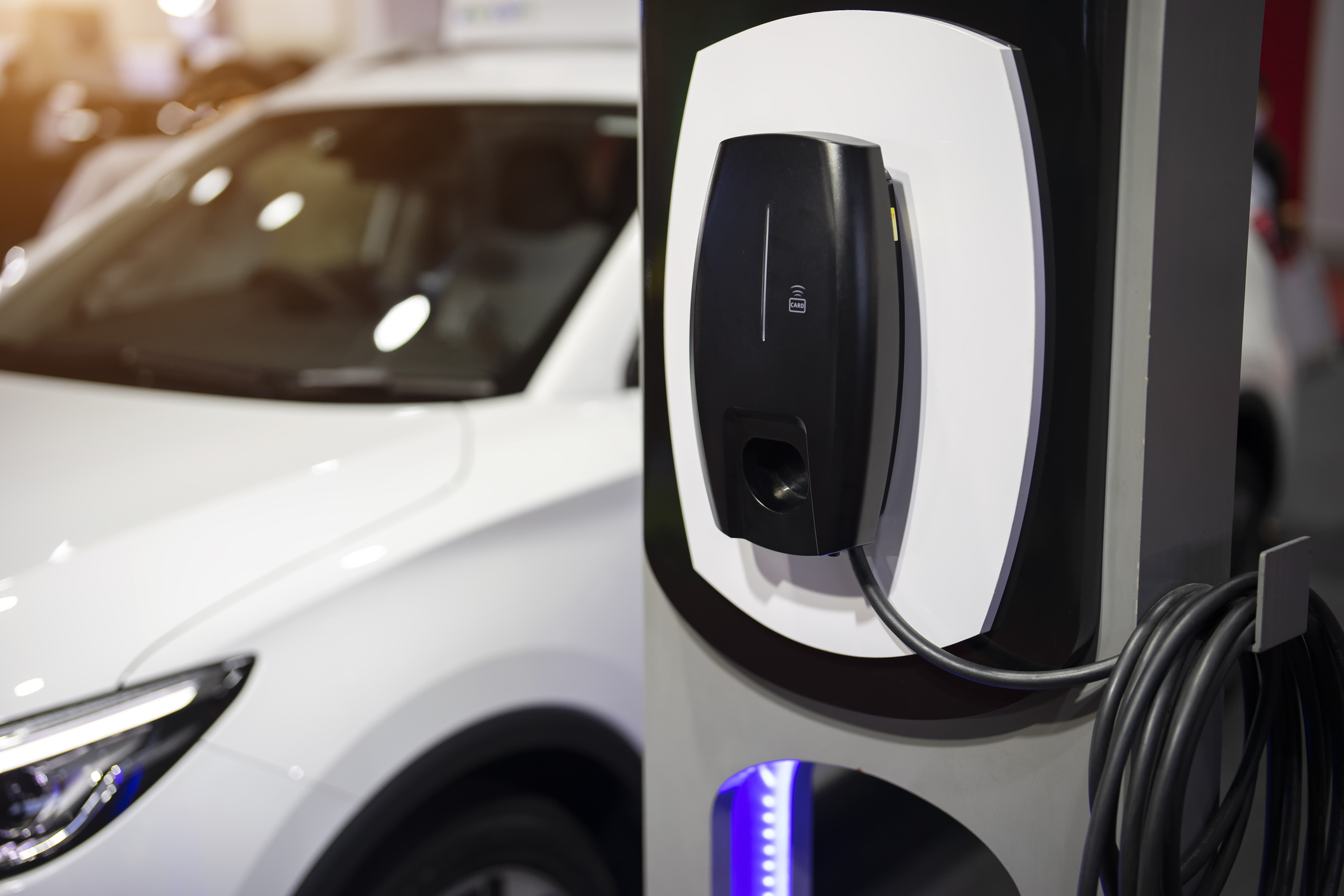India’s electric car sales are projected to cross a 7 per cent market share by FY28, provided supply chain challenges around rare earth elements (REEs) are addressed in time, according to a new report released on Wednesday.
The report by CareEdge Advisory highlighted that India’s electric car market has witnessed robust growth over the past three years, expanding from just over 5,000 units in FY21 to more than 1.07 lakh units in FY25 — a 21-fold increase.
While electric four-wheelers currently form a small part of India’s overall EV sales — which are led by two- and three-wheelers — the segment is expected to see rapid expansion in the coming years, driven by fresh model launches, strengthening public policy support and growing private sector participation.
The Indian government has set a target of achieving 30 per cent EV penetration by FY30 and is rolling out multiple initiatives to boost adoption.
Schemes such as FAME III, the Production Linked Incentive (PLI) Scheme for advanced chemistry cell (ACC) batteries, and customs duty exemptions for critical battery minerals are expected to lower production costs and enhance domestic supply chains.
“India’s electric car sales penetration is likely to cross 7 per cent by FY28, provided rare earth disruption is resolved in a timely manner. With a robust pipeline of new models, expanding charging infrastructure and battery localisation under the PLI scheme, India is well-positioned to accelerate EV adoption,” said Tanvi Shah, Senior Director and Head, CareEdge Advisory & Research.
The report underlined that charging infrastructure, historically seen as a major hurdle in EV adoption, is witnessing rapid expansion.
The number of Public EV Charging Stations (EVPCS) in India has grown nearly fivefold in the past three years, from 5,151 in 2022 to over 26,000 by early FY25 — recording a compound annual growth rate of more than 72 per cent.
The FAME III scheme includes dedicated support for charging infrastructure, while states like Maharashtra, Delhi, Tamil Nadu, and Gujarat have introduced targeted incentives, including land subsidies and capital expenditure support for setting up new stations.
Urban local bodies are also implementing policies mandating EV-ready parking in new residential and commercial buildings, aiming to reduce range anxiety for potential buyers.
Private charge point operators are expanding networks rapidly, often in partnership with local municipal corporations and power distribution companies. Efforts are also underway to standardise charging protocols to ensure interoperability and ease of use for consumers.
In addition, the Union Budget for FY26 introduced zero basic customs duty on 16 key minerals used in battery manufacturing. This is expected to reduce India’s reliance on imports and lower production costs.
CareEdge estimates that India’s dependence on lithium-ion cell imports could drop to 20 per cent by FY27, compared to nearly 100 per cent in FY22, supported by new investments in integrated battery manufacturing facilities.
The report comes as global EV leader Tesla begins its operations in India, signalling further momentum for the country’s electric mobility landscape.
(IANS)










